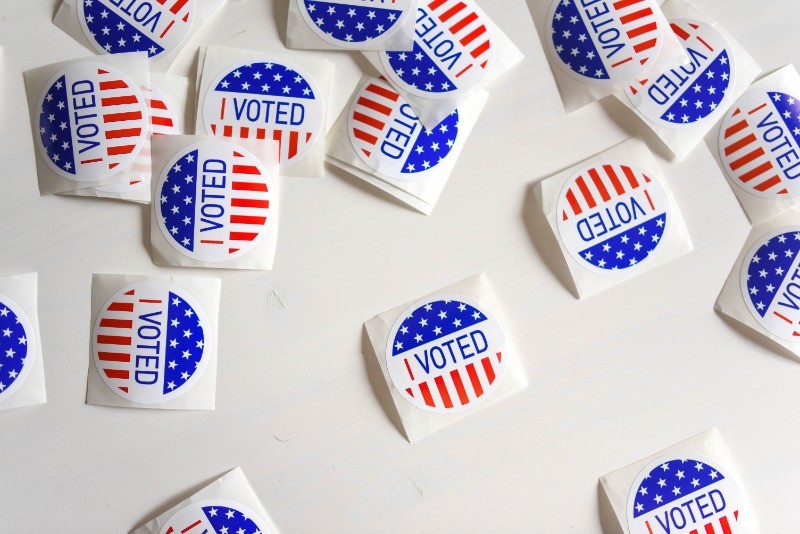Educators, Students, and the 2020 Election
Even though we now know the projected results of the 2020 Presidential Election, you may still be experiencing a high level of uncertainty, anxiety, stress, or some combination of all three.
It’s also quite likely that many of the students you teach and serve are also experiencing a wide range of strong emotions.
In this unusual national situation, it’s important to plan how you will address students’ social and emotional needs, discuss the election fairly and factually, and practice self-care.
Noalee McDonald-Augustine, Education Consultant at SHESC, has assembled these valuable resources to help you navigate meeting these needs! Explore them, learn from them, and share them with your colleagues.
The Value of Educator Self-Care - Webinar
This free online video webinar from Teaching Tolerance features Geneviéve DeBose, Middle School Literacy Coach, and Shoshana Brown, School Social Worker. They help educators to understand the science and psychology of self-care, as well as how self-care affects students. Develop practices and tools to help you thrive and prepare to “show up” to serve your students.
Responding to the 2020 US Presidential Election
Written just before Election Day, this “Teaching Idea” article (presented by Facing History and Ourselves) offers a methodical process for preparing yourself, facilitating classroom discussions, and leading a worthwhile reflection on election results (both as they stand currently and after winners are determined).
Election Uncertainty and Anxious Students: Inside 4 Social Studies Classrooms
Using four case studies from Virginia; Chicago, Illinois; Georgia; and Pennsylvania, this news article by “Education Week” provides valuable insight and in-classroom examples to adapt to your own situations. (Note that “Education Week” may require registering for a free account to view full articles.)
This Election is Traumatizing for Many Students (and Educators). Here’s How to Help
Also from “Education Week,” this article presents three trauma-informed practices that you can use for yourself to prepare for classroom lessons and discussions on the election. They are also valuable for leading students in practices that can “lower the temperature” of potentially contentious discussions and help make these lessons worthwhile exercises. (Note that “Education Week” may require registering for a free account to view full articles.)
Election Week Activity: The Day After
Presented by the Morningside Center for Teaching Social Responsibility, provides suggestions for helping students process thoughts and feelings on the election, better understand the news and reflect upon it, and take part in a variety of self-care activities. (Note that the article was published on November 4, but much of the information is still useful.)



 Launch the media gallery 1 player
Launch the media gallery 1 player